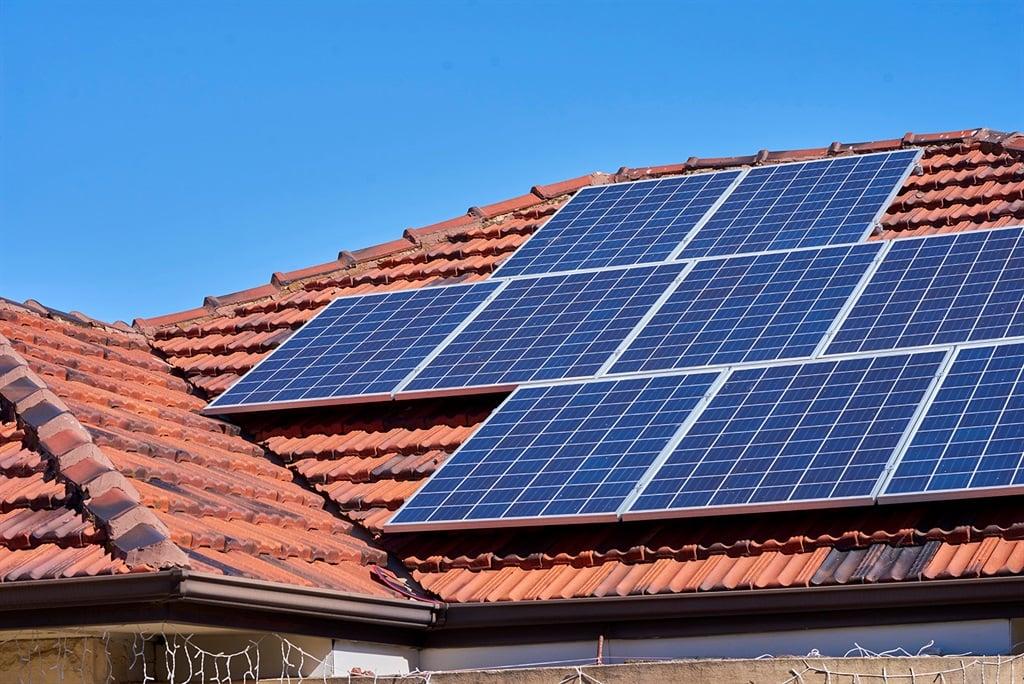Africa-Press – South-Africa. Desperate South Africans trying to beat the load shedding blues, have fallen victim to solar energy scams, the SA Banking Risk Information Centre (Sabric) said on Tuesday.
According to Sabric CEO Nischal Mewalall, the impact of load shedding on the banking industry had been an area of specific focus and planning for quite a while.
“What happens with load shedding has direct implications on the way a bank or the way an entire industry manages risks.
“We have been taking steps to evaluate and identify types of scenarios that could develop as load shedding begins to pan out and identify the types of mitigation steps we could put in place so that we could respond to the impact of load shedding,” Mewalall said.
Mewalall, Institute for Security Studies’ Gareth Newham, Major Lunga Dweba of the Geopolitical Intelligence Advisory, and Grant Clarke of the Cash-In-Transit Association of SA (Citasa) addressed a National Press Club briefing on the impact and effects of load shedding.
Mewalall said one of the important scenarios the centre had been focusing on for the past six months was the impact of stage 8 load shedding and the potential of a total grid collapse.
“We looked at the impact of the operational risk as well as the crime and security risks. The areas we focused on have been on the cash management and the availability of cash in the system.
“The second area has been the communication between bank customers, employees and stakeholders, and law enforcement agencies.
“In terms of the grid being not available in certain areas geographically where banks are positioned, we have not seen any direct or indirect link to any crime directed towards banking infrastructure in those specific areas,” he said.
However, Mewalall said that several customers had fallen victim to solar equipment scams.
“Many people would be now going out, looking for alternative energy sources, and so individuals have taken advantage of this scenario.
“This is not unusual. We have seen this evolve in the way Covid-19 played out, so we can expect criminals to take advantage of these scenarios that lie before us.”
Meanwhile, Newham said insurance figures showed that there had been an increase in claims of house burglaries and robberies during load shedding schedules, which increased a lot over weekends.
“The increases seem to be spiking as a result of load shedding. Load shedding is a very worrying factor that powers on to a number of other factors that weaken our public security situation and the ability of the state to effectively respond to that situation,” he said.
Newham said people had also become frustrated and had lost faith in the government.
Clarke said distributing money during different stages of load shedding was highly concerning for the cash industry.
“If we stop the distribution of cash, within three days we cut down the economy completely.”
Clarke said it was costly for cash centres and branches to run security systems during load shedding.
“Your CCTV cameras, your branch security has to run without fault, and it costs a lot of money to put in generating systems. It has become extremely difficult because you get to a client’s premises and the power is down, how do you do that pickup? It puts a risk on that vehicle to go back.
“The vehicles are out longer, and the systems within the vehicles also need to be powered up and maintained, so load shedding is a massive concern for us, and as we go through the various stages, it becomes more of a concern.”
For More News And Analysis About South-Africa Follow Africa-Press






